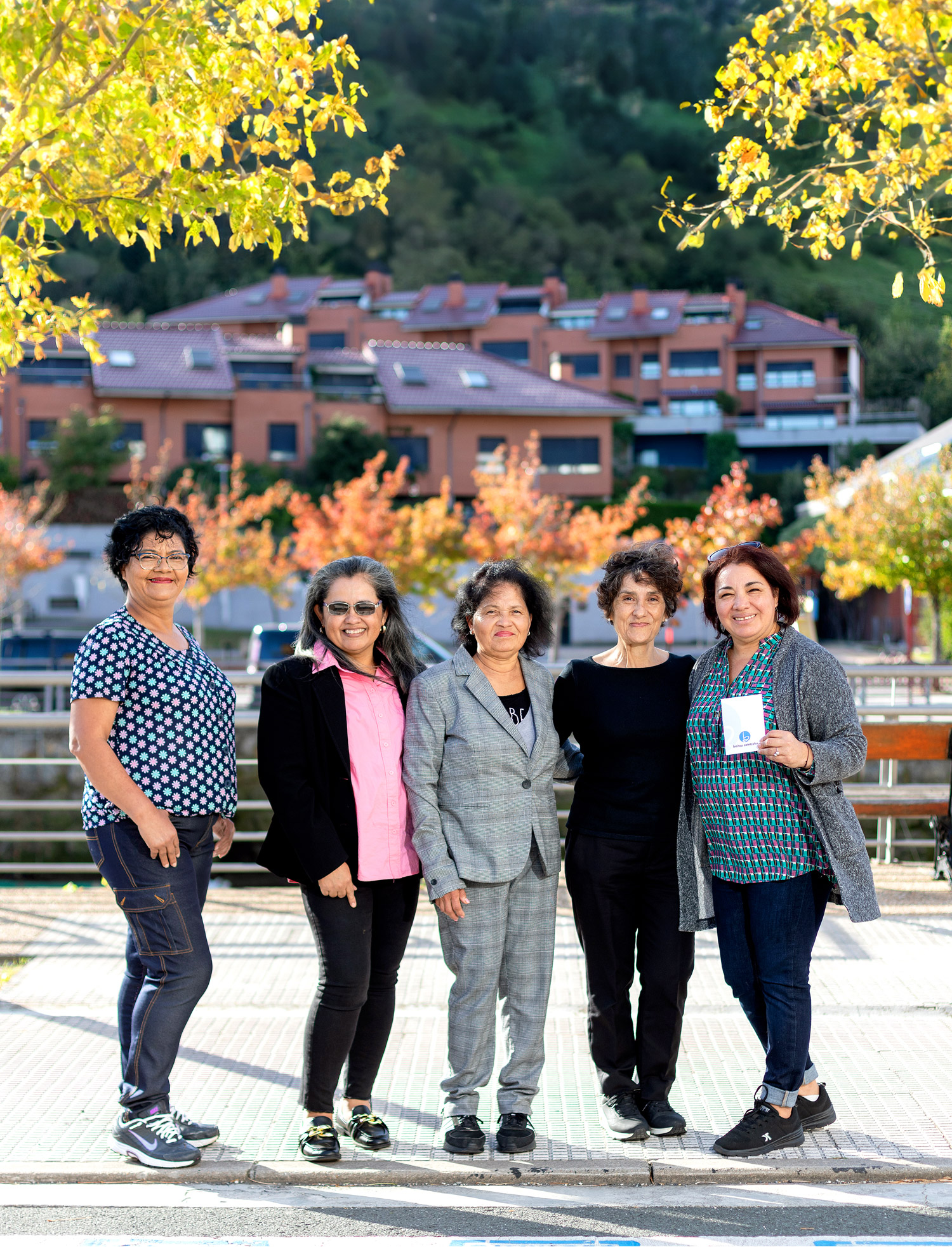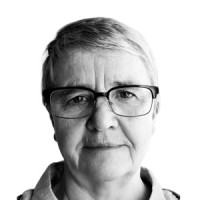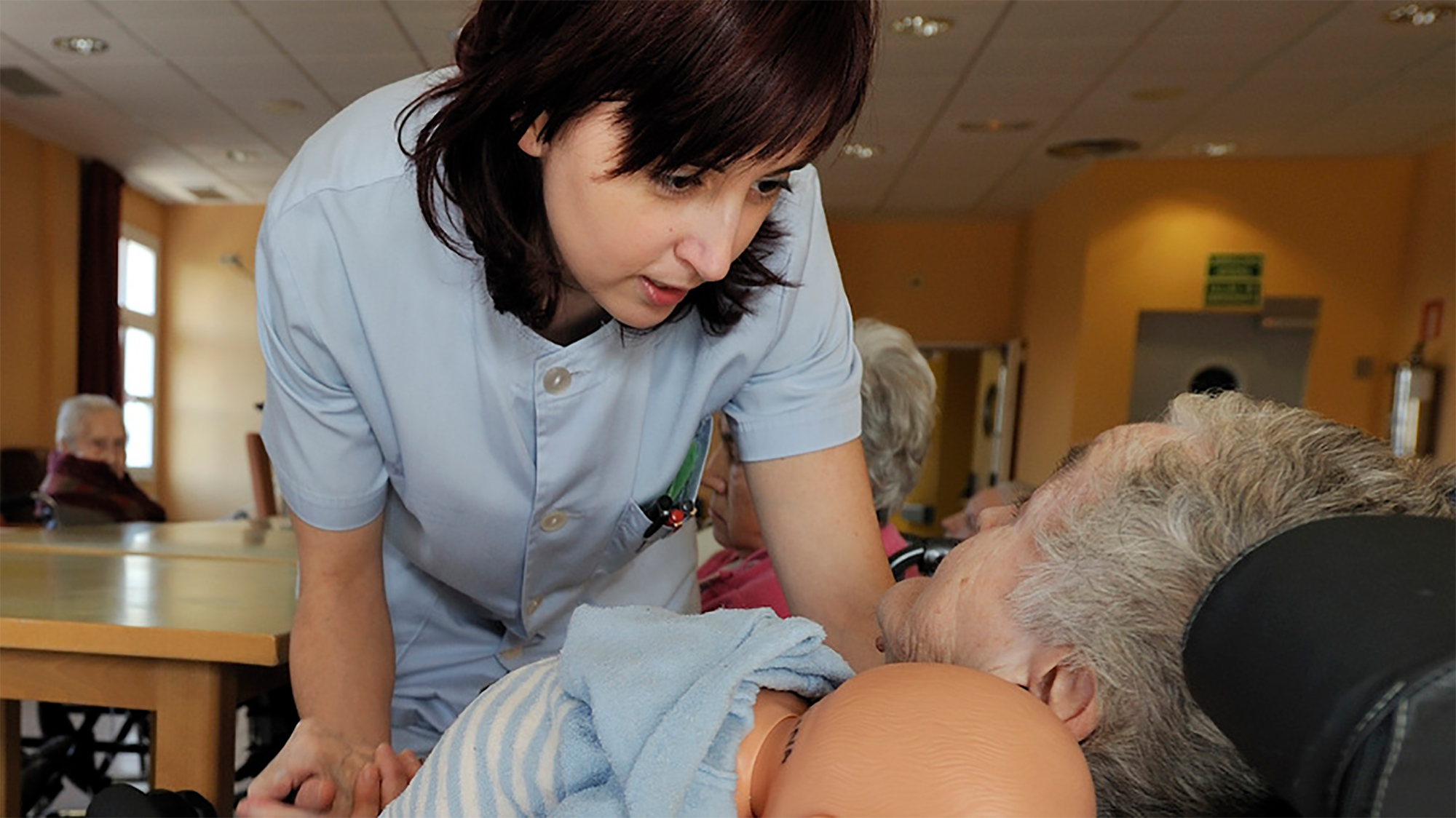The Association of Socio-Sanitary Caregivers Women Migrant Feminists calls for solidarity in favor of the right to housing
- A press conference was held at the headquarters of the Women ' s Assembly in Bizkaia to report on the situation of violence suffered. Despite the multiple fields of oppression, the reading has focused on the field of housing in this period: "Racism, classism, poverty, the strong speculation of housing, the lack of laws that regulate the fundamental right to a roof, and although all this was little, between funds, banks, real estate agencies, the migrated people were always excluded".

Immigrant female caregivers suffer multiple forms of exploitation and violation of rights in the workplace. But in addition, after overwork, "without minimum management time, when the endless days of 13 to 15 hours are not 24 hours, with lack of days free of conciliation", they also suffer marginalization and violence in the place of residence. To report it, members of the Feminist-Sociosanitary Migrated Women Association (EMFS) have appeared in the media.
At the press conference on 3 March, it was announced that "Also, as it could not be otherwise, we were excluded from accessing housing. Due to the difficulty of renting rooms or apartments, once the rents have been obtained they prohibit registration, the tyranny continues with the lack of contract, the sale of the census, instability, lack of intimacy, insecurity, etc. All this deteriorates the lives of many of us, the migrated and racialized woman".
Call for solidarity
Given the impossibility of a "suffocating situation", from the press conference they ask for "safe" and "stimulating" spaces. To achieve this, they have called for solidarity, and more specifically for feminist groups, against racism, trade unions, leftists, social transformation groups, political parties, associations of neighbours, women and workers. The possibility of participating in the endurance fund has been opened to help them cope with the deposit of rental income, as well as to meet other expenses, and has been called upon to contact them in case of having a flat or house.
In view of the work needs of many of the groups, they have called to relate to them if a caregiver is needed: "Many of us ask for a work contract to manage social rooting."
In 2020, the Association of Feminist-Socio-Sanitary Migrated Women (EMFS) was established, which currently consists of about 250 women. Some newcomers to the Basque Country, others have been here for years, but almost all suffer oppression and exclusion in terms of housing.
In 2021 ARGIA interviewed feminist worker María Juncay (Loja, Ecuador, 1970), spokeswoman for EMFS, in the interview that said "Migrated and racist women are promoting with our bodies a care system that the public will need."
Bost urte igaro dira pandemiaren hasieratik. Pandemia horrek ekarri zuen denok zaintza eredua ezagutzea, inondik inora ere behar bezala ez zebilena. Egoitzetako kutsatzeen eta hildakoen datuak, batez ere pribatuetan, zifra hutsak baino askoz gehiago izan ziren.
2020ko... [+]
Etxeko langile diren eta zaintza lanetan aritzen diren emakumeentzako etxea abian jarri dute Berriozarren. Zortzi pertsonendako lekua duen pisua gaitu dute zaintzan diharduten langileak 6-12 hilabetez espazio duin eta seguru batean bizi daitezen. SOS Arrazakeria Nafarroak eta... [+]
The legislature has ended and the PNV-PSE has not taken steps to change the custody model. The Lehendakari dismisses with a powerful campaign "Towards a Basque pact for care", denouncing "the political use and manipulation of care".
On 1 February, at the visit of the... [+]
I participated in the camp of small revolutions in July to reflect on care. Around the table we sat five women: Laura and Shirley of the Association of Household and Care Employees of Álava; Paula and Ainhoa of the group “Lives of all in the center”; and Kukuso, me.
As... [+]
Urkullu has on many occasions called for the public-private partnership that is at the heart of the capitalist system, but without any intention of explaining what that connection is today. When the public is complementary and dependent, it cannot oppress the interests of the... [+]

















